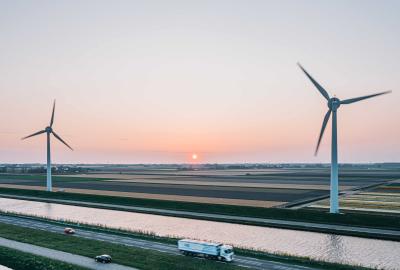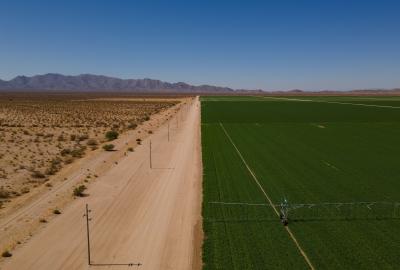Toxic chemical under fresh scrutiny a year after East Palestine train crash
A year ago, Misti Allison was putting her 1-year-old daughter to bed when her phone lit up with a slew of text messages. Her sister-in-law, who lived nearby, had texted the family group chat that a train had derailed in town. Allison's husband went outside and saw giant flames and smoke shooting skyward about a mile away from their home in East Palestine, Ohio.
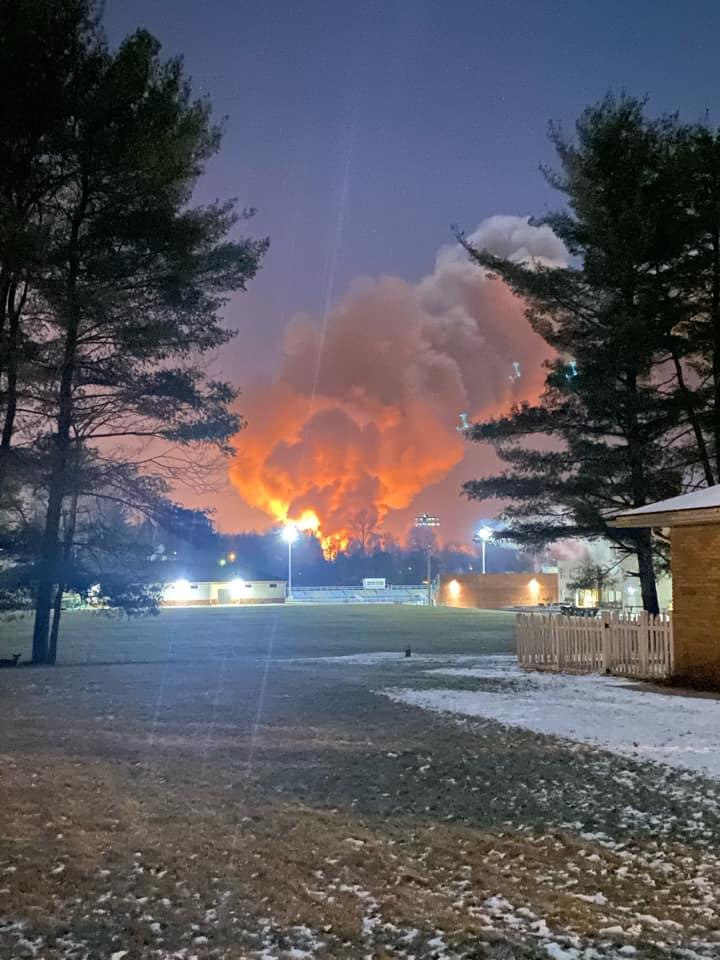
“At that point we were more worried about the fire than what was on the train,” she says. That changed the next day when word spread on social media that the highly toxic chemical vinyl chloride — a known carcinogen — had been on the train.
“I have a healthcare and science background, so I looked up the data sheets on vinyl chloride,” Allison says. She found that the chemical, which is used to make PVC plastic, is linked to dizziness and respiratory issues in the short-term and liver damage and cancer in the long-term.
“That’s when my husband and I realized this was serious,” she says. “Plus, there was an odor at our house that didn’t smell like smoke. It smelled like chemicals.”
The couple loaded their second-grade son and toddler daughter into the car and evacuated.
East Palestine, a year later
Feb. 3 marks one year since the derailment upended the lives of East Palestine’s 4,700 residents. Allison considers her family to be one of the lucky ones. They live upwind and upstream from the crash site and are back in their home.
“There are residents who have had to relocate or have lingering health symptoms,” she says. About half of East Palestine’s residents evacuated immediately after the crash; most have returned.
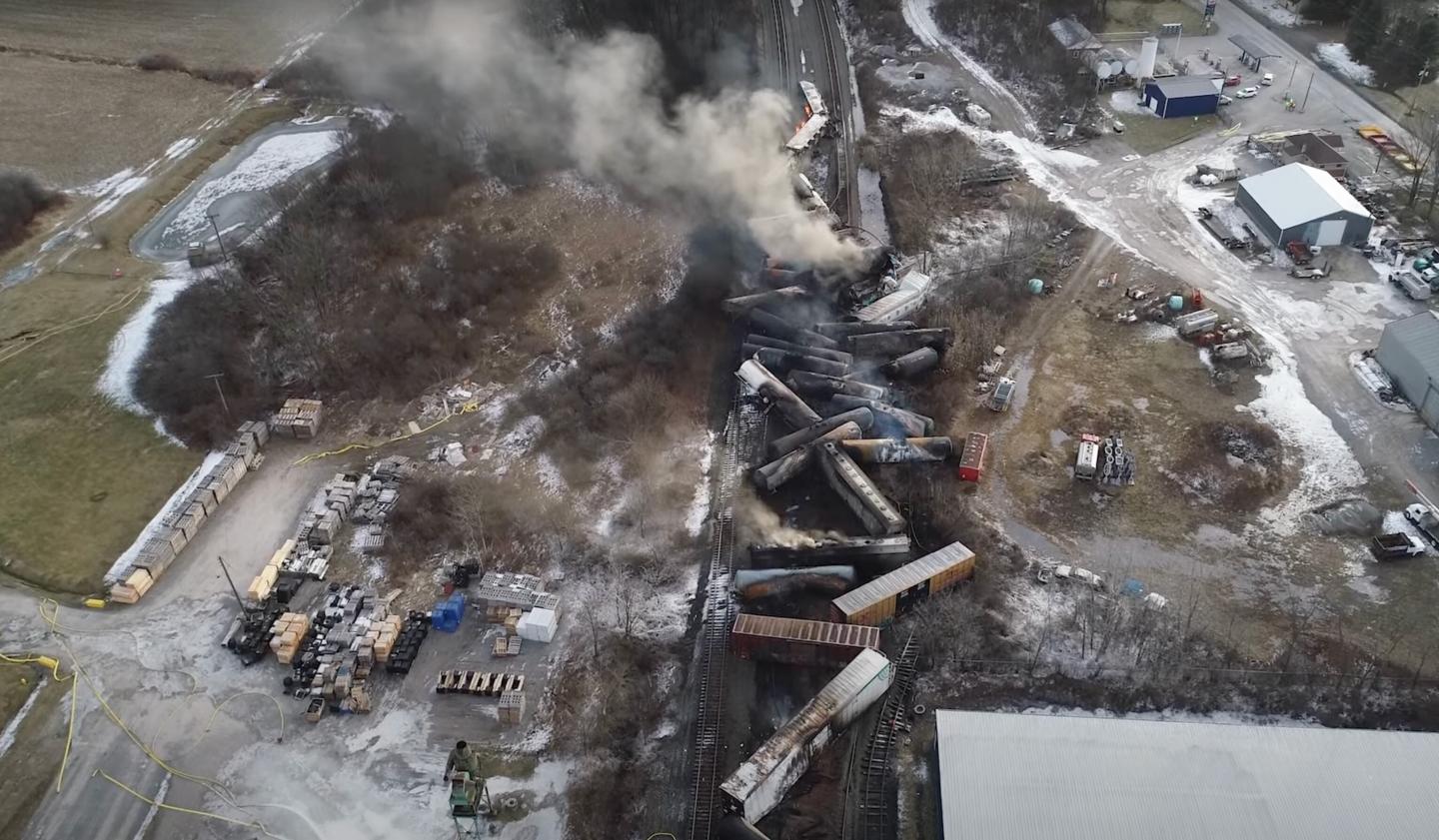
Two days after the crash, and fearing an explosion, officials released and burned vinyl chloride from five tank cars. The move alarmed Maria Doa, a chemicals expert at Environmental Defense Fund.
“If you burn vinyl chloride, you produce all kinds of poisonous gases, including phosgene, which is very toxic,” Doa says.
The rail company, Norfolk Southern, has been paying for clean-up efforts, but the most recent assessment by the U.S. Environmental Protection Agency showed that East Palestine’s creeks are still contaminated with chemicals. When it rains, residents say the creek takes on an oily sheen.
Since the derailment, Allison has become a vocal advocate for the bipartisan Railway Safety Act, which was proposed after the crash. To her frustration, the act has not yet been voted on in the Senate. As a member of Moms Clean Air Force, she has also been lobbying both state and federal lawmakers to better monitor and care for the health of people living in the town.
“This disaster opened my eyes to the ways your environment affects your health,” she says.
The health cost of cheap plastic
The vinyl chloride on the derailed train was on its way from Texas to New Jersey to be processed into polyvinyl chloride, better known as PVC, a plastic primarily used for pipes and packaging.
Despite its toxicity — which was first recognized more than 50 years ago — production shows no sign of slowing down. Petrochemical development is growing both along the Gulf Coast and in the Ohio River Valley, which spans from Pennsylvania to Illinois, as oil and gas companies continue to invest in making plastic.
Regrettably, the American rail system that transports chemicals like vinyl chloride is not getting safer. In January 2024, the New York Times reported that the number of train accidents has actually gone up since the East Palestine disaster.
And the risk of a spill doesn’t end at the destination. Workers can be exposed to hazardous materials as plastics are manufactured. People living near petrochemical facilities have higher rates of cancer. When PVC plastic is thrown in a landfill, it releases chemicals into the air, soil and groundwater.
“It’s bad every step of the way,” says Moms Clean Air Force petrochemical analyst Cynthia Palmer, whose work focuses on the impact of the plastics industry on communities.
East Palestine resident Jess Conard became an advocate for Beyond Plastic after the derailment. “What happened in East Palestine is a symptom of a larger issue,” she says. “Almost all vinyl chloride goes into making PVC plastic, but we already have safer alternatives for PVC products. We just need to use them.”
EPA to evaluate the risks of vinyl chloride
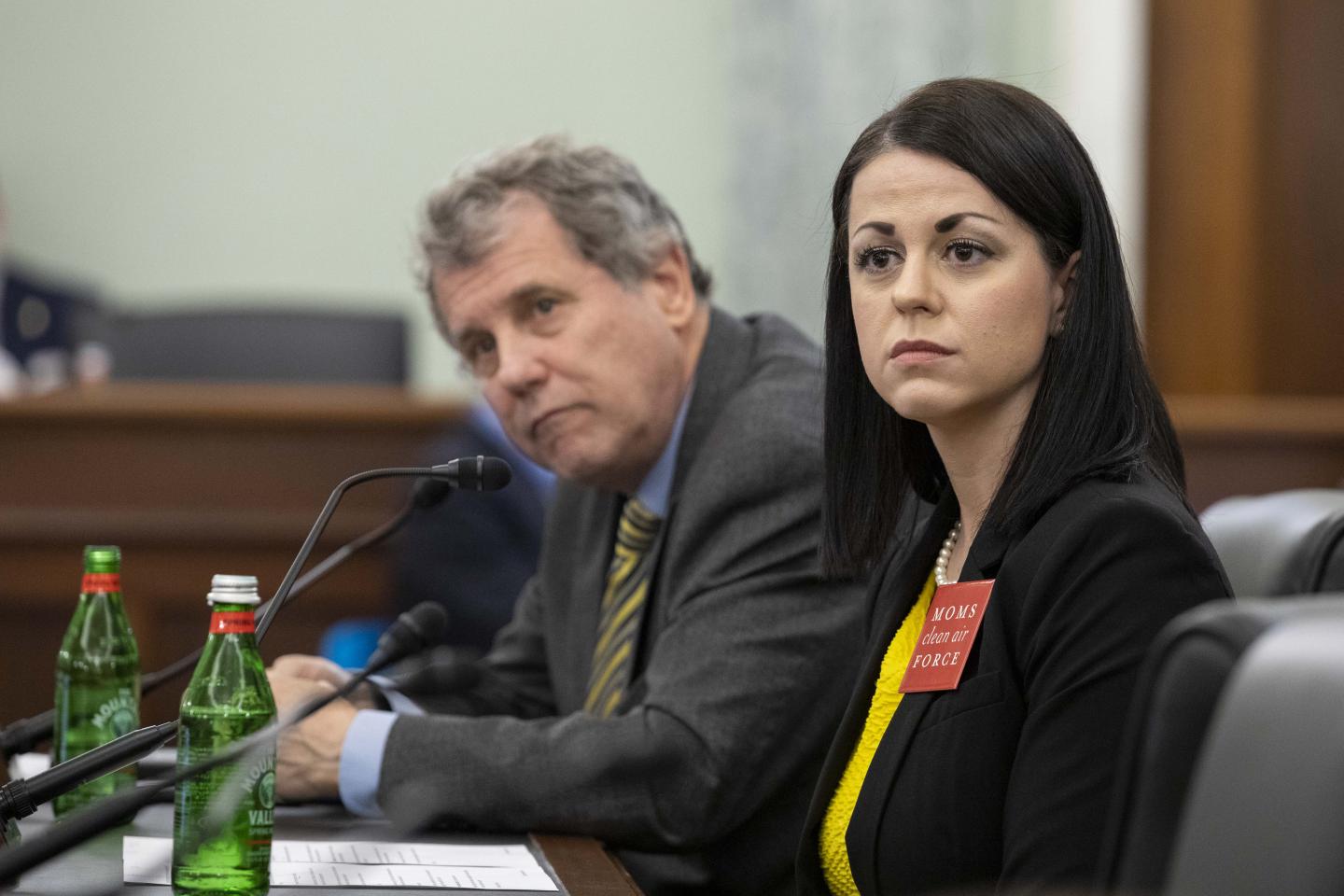
The advocacy of Palmer, Conard, Allison and others may soon be paying off. In December 2023, the EPA announced it would re-evaluate vinyl chloride’s safety under the Toxic Substances Control Act — a statute that allows the agency to take action if a chemical is dangerous.
The new vinyl chloride risk assessment is a multi-year process involving detailed study of whether the chemical poses an unreasonable risk to human health and the environment. (Vinyl chloride is already banned in hair sprays, cosmetics and drugs because of its toxicity.)
There will be several opportunities for public comment — and advocates expect industry pushback.
When the review was announced, Ned Monroe, the Vinyl Institute’s president and CEO, told the Associated Press that he saw the process as “an opportunity to correct any misunderstanding about the regulation of vinyl chloride manufacturing and the safety of PVC products.”
“We have substantial evidence that vinyl chloride is putting lives in danger on a massive scale,” says Palmer. “It sickens workers and blankets communities with carcinogenic air pollution from its production and incineration… And then there are the chemical disasters at facilities and during transportation, like what happened in East Palestine, exposing unsuspecting residents along with rail workers and first-responders.”
Palmer is confident that safer alternatives can be scaled up — things like recycled copper and stainless steel water pipes and PVC-free food packaging.
“Our government continues to incentivize and subsidize single-use PVC and other fossil fuel plastics to the detriment of workers and communities across the country,” she says. “We need to begin the transition to clean and healthful alternatives.”
“Vinyl chloride is toxic and flammable and explosive,” Palmer adds. “We are asking EPA to determine that this chemical presents an unreasonable risk, and to begin phasing out its production and use.”
